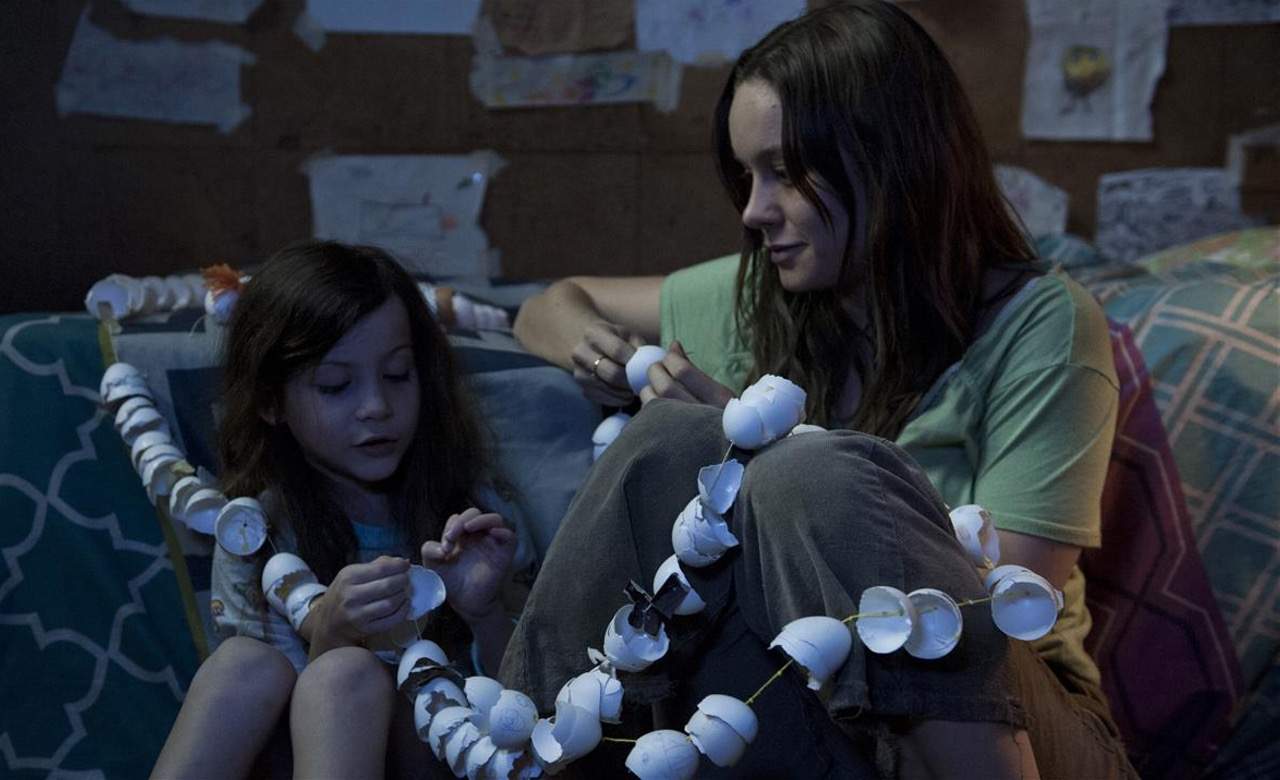Room
A moving tale of human resilience and the love between a parent and their child.
Overview
Room is by no means an easy film to watch. Based on the critically acclaimed novel by Emma Donoghue, which was in turn inspired by the crimes of Josef Fritzl, it's a tale whose existence is rooted in horror and misery, and the perverse fascination such stories tend to inspire. And yet despite its grim subject matter, Room never wallows in darkness, but instead stares defiantly into the light. It is a tale not of depravity but of resilience, and the incredible, unbreakable love between a parent and their child.
Room is told from the perspective of Jack (Jacob Tremblay), a five year old boy who lives with his mother Joy (Brie Larson) in a small, dishevelled shed called Room. Jack was born in Room, and its meagre contents, including a bed, a bath, a sink, a wardrobe and a skylight, are all he has ever known. Joy tells him nothing of the outside world in order to protect him from the truth: that they are captives of a man named Old Nick (Sean Bridgers), and that Jack is the product of rape.
Very few films ask as much of their lead actors as Room does of Larson and Tremblay. There's barely a frame of the film in which one, if not both, are not present, particularly during the initial harrowing hour. Larson is tipped to take home an Oscar, and it would be hard to fault the Academy for that decision. Her performance communicates with unflinching clarity both the years of abuse that Joy has suffered, and the lengths she is willing to go to to keep her son from experiencing the same fate. Tremblay is, if anything, even more impressive, capturing the optimism of a child unburdened by adult comprehension, without ever dipping into the kind of forced cutesiness that scuppers so many young performers.
Tremblay's flawless performance also validates the risky decision to tell the story from Jack's point of view. In the film's bleakest moments, Jack's innocence is like a life preserver, and the only thing that keeps us from drowning in despair. Likewise, when he is finally exposed to the world outside his prison, we share in his sense of wonderment. So palpable is his emotion that it feels like we, too, are discovering the world for the very first time.
Director Lenny Abrahamson is largely invisible behind the camera, and perhaps that's for the best. There's a lot he could have done, through camerawork and editing, to ratchet up the unease or foster a sense of claustrophobia, but to do so would run the risk of distracting from the performances – and ultimately, it's by the performances that the movie lives or dies. Even as the film ventures into more conventional narrative territory in its latter half, Larson and Tremblay make it impossible to look away.





